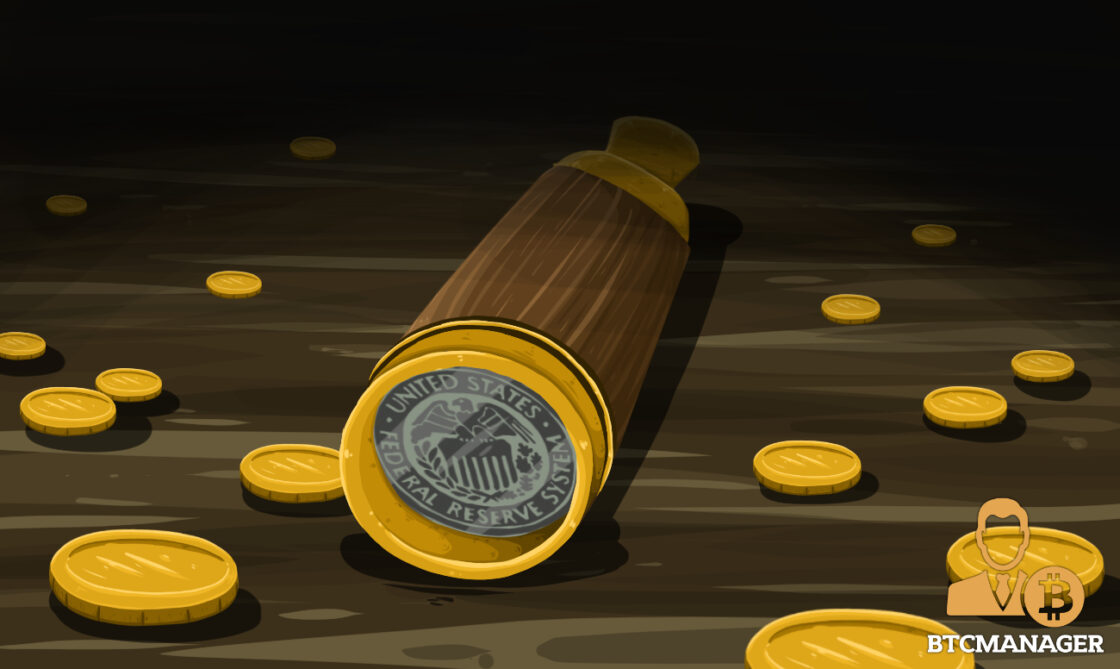PALO ALTO, Calif. (Reuters) - The Federal Reserve is taking a look at a broad variety of concerns around digital payments and currencies, consisting of policy, style and legal factors to consider around potentially issuing its own digital currency, Governor Lael Brainard said on Wednesday. Brainard's remarks recommend more openness to the possibility of a Fed-issued digital coin than in the past." By transforming payments, digitalization has the possible to deliver higher worth and convenience at lower cost," Brainard said at a conference on payments at the Stanford Graduate School of Service.
Main banks internationally are disputing how to handle digital financing innovation and the distributed journal systems utilized by bitcoin, which assures near-instantaneous payment at potentially low expense. The Fed is developing its own round-the-clock real-time payments and settlement service and is presently evaluating 200 comment letters submitted late last year about the suggested service's design and scope, Brainard said.
Less than two years ago Brainard informed a conference in San Francisco that there is "no engaging showed need" for such a coin. However that was before the scope of Facebook's digital currency aspirations were widely understood. Fed authorities, consisting of Brainard, have actually raised issues about consumer defenses and data and personal privacy threats that might be presented by a currency that might enter use by the s3.us-west-2.amazonaws.com/legacyresearchgroup4/index.html third of the world's population that have Facebook accounts.

" We are collaborating with other main banks as we advance our Great site understanding of reserve bank digital currencies," she said. With more nations looking into releasing their own digital currencies, Brainard stated, that adds to "a set of reasons to also be ensuring that we are that frontier of both research and policy advancement." In the United States, Brainard said, issues that need study consist of whether a digital currency would make the payments system safer or simpler, and whether it might position financial stability threats, consisting of the possibility of bank runs if cash can be turned "with a single swipe" into the central bank's digital currency.
To counter the financial damage from America's unprecedented national lockdown, the Federal Reserve has actually taken unprecedented steps, consisting of flooding the economy with dollars and investing straight in the economy. Many of these relocations got grudging acceptance even from numerous Fed doubters, as they saw this stimulus as required and something just the Fed might do.
My brand-new CEI report, "Government-Run Payment Systems Are Unsafe at Any Speed: The Case Against Fedcoin and FedNow," details the threats of the Fed's present prepare for its FedNow real-time payment system, and propositions for central bank-issued cryptocurrency that have actually been dubbed Fedcoin or the "digital dollar." In my report, I talk about concerns about personal privacy, data security, currency adjustment, and crowding out private-sector competitors and development.
Supporters of FedNow and Fedcoin state the federal government needs to create a system for payments to deposit instantly, rather than motivate such systems in the personal sector by lifting regulatory barriers. But as noted in the paper, the economic sector is providing a relatively endless supply of payment technologies and digital currencies to resolve the problemto the extent it is a problemof the time gap between when a payment is sent and when it is received in a savings account.
And the examples of private-sector development in this area are many. The Clearing Home, a bank-held cooperative that has been routing interbank payments in various kinds for more than 150 years, has actually been clearing real-time payments since 2017. By the end of 2018 it was covering 50 percent of the deposit base in the U.S.